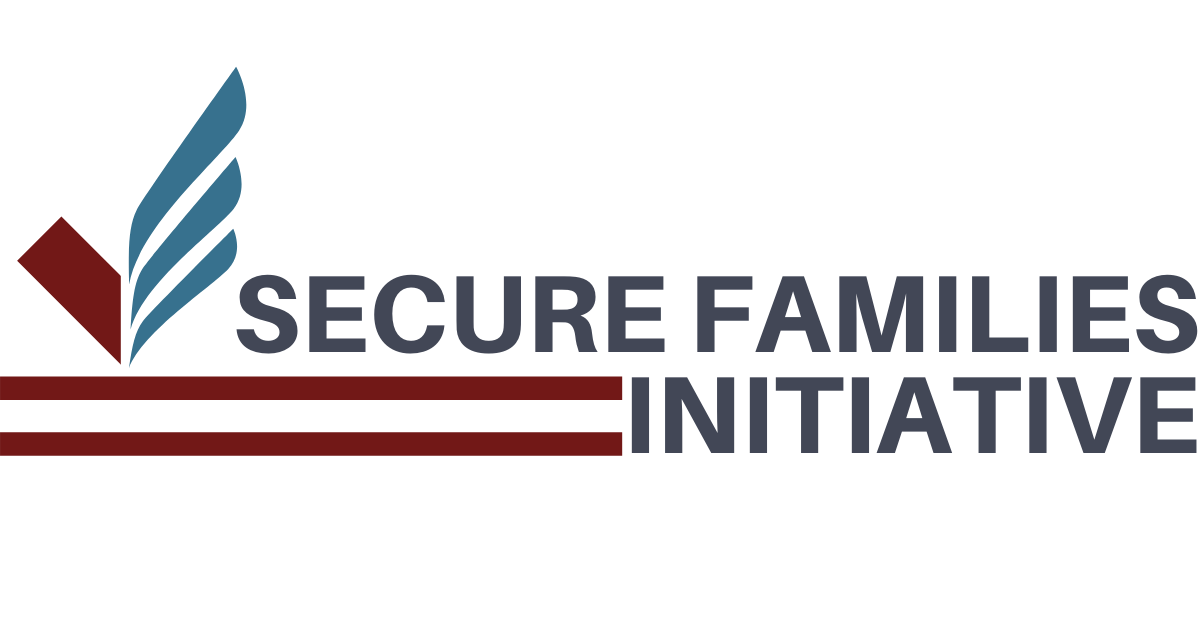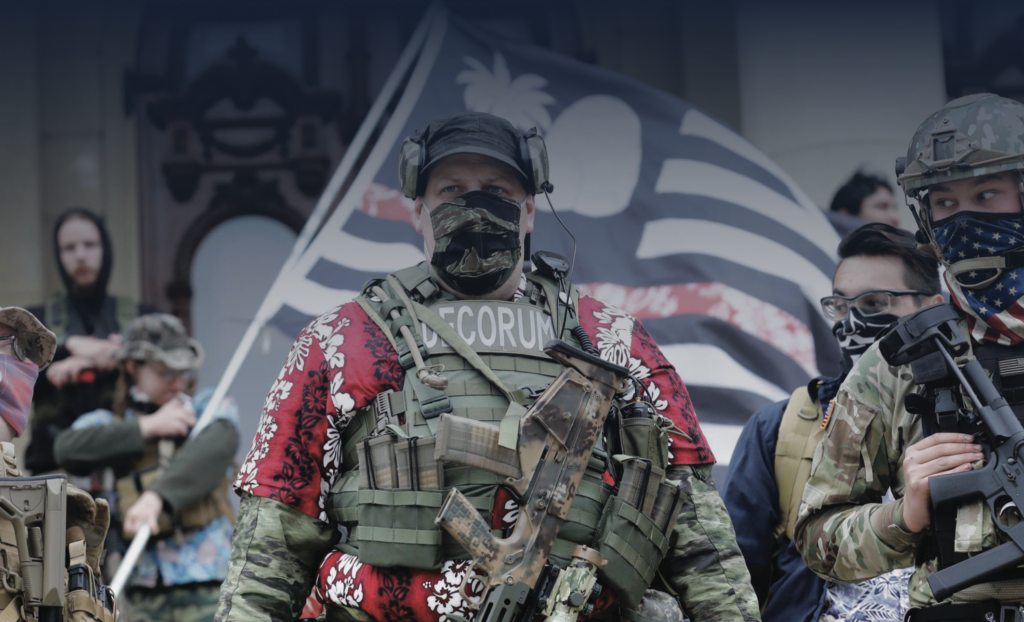Today the majority staff of the House Committee on Veterans’ Affairs released its Report on “The Importance of Peer Support in Preventing Domestic Violent Extremism“ based on the investigative hearing at which Secure Families Initiative testified.
“Secure Families Initiative is grateful for the investigation conducted by the House Committee on Veteran Affairs and support the recommendations put forward by this committee; including infusing early prevention and intervention programs, civics education, and investing in the whole health of those who served,” said SFI Interim Director Rebecca Nowatchik. “We also encourage the Department of Defense to apply learnings from this hearing and increase investments in education and intervention in active duty and reserve communities.”
The number of domestic violent extremist (DVE) crimes committed by individuals with military backgrounds more than doubled since 2010 compared to the previous two decades. Although we know that the vast majority of military service members and veterans are not involved in domestic violent extremism, we can’t ignore organized and resourced groups who are intentionally radicalizing and recruiting from our communities. These organizations are anti-military, anti-government, and go against the core principles and traditions of the United States, and our Constitution.
Indeed, page 11 of the Report states that tangible factors, like “…difficulties accessing employment, education, housing, or healthcare, may facilitate a former servicemember ’s anti-government or white supremacist views, leaving a small subset of veterans vulnerable to common tropes and false dichotomies offered by DVE groups…”
At the March hearing, SFI Executive Director Sarah Streyder testified that the partners and family members of veterans are some of the most impacted stakeholders when veterans resort to political violence, as well as the first line of defense in preventing extremism from taking hold.
“When a service member or veteran adopts extremist views and resorts to political violence, it is us – their immediate loved ones – who are impacted first,” Streyder testified. “We deeply appreciate this committee including our voices in these deliberations, as no one is more personally invested in identifying solutions to this real and pressing problem than we are.”
Several key points of SFI’s written and spoken testimony were included in the Report:
- Veterans’ interpersonal support networks are the first line of defense against violent extremism. The partners, family members, and neighbors of veterans are uniquely influential stakeholders who must be incorporated into any prevention or rehabilitation strategies this Committee devises.
- “When a veteran becomes radicalized toward political violence, the first people in the line of fire are their immediate loved ones. … Family members’ proximity to veterans also makes them the first line of defense against radicalization. The interpersonal connections that partners, families, and neighbors have can complement formal, official channels of information and support.” (page 14)
- Voting and other forms of civic engagement provide peaceful alternatives to political violence. This Committee should support efforts that train and inspire veterans to exercise their rights.
- “Ms. Streyder… also promoted increased civic engagement as a potential antidote to anti-government extremism. According to Ms. Streyder, the voter participation rate among military voters was 27% lower than the civilian electorate in the 2020 general election, and, she added, these ‘challenges do not vanish when a service member leaves the military, either.’” (page 17)
- SFI stands ready to partner on this issue. Our work and the work of other non-governmental partners should continue to inform this Committee’s strategies.

